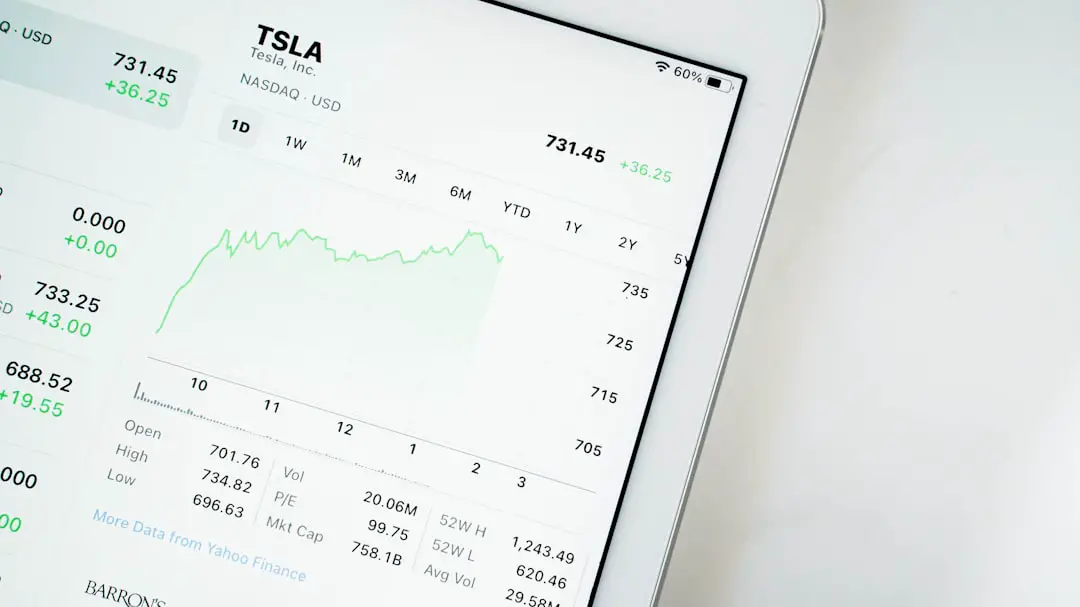Enterprise Value (EV) is a crucial metric for investors and analysts when assessing a company’s total worth. It provides a more comprehensive picture than market capitalization by accounting for a company’s debt, cash, and other financial obligations. But does Yahoo Finance include cash in its calculation of Enterprise Value? Let’s dive deeper into this topic and understand how Yahoo Finance calculates EV.
Understanding Enterprise Value (EV)
Before we examine Yahoo Finance’s approach, it’s important to understand what Enterprise Value represents.
Enterprise Value is calculated as:
- Market Capitalization – The total value of a company’s outstanding shares.
- Total Debt – All of the company’s short-term and long-term debt obligations.
- Minority Interest – The portion of subsidiaries not owned by the parent company (if applicable).
- Preferred Equity – If the company has preferred stock, it may be included in EV.
- Cash and Cash Equivalents – The company’s liquid assets, which are deducted from the total value.
The formula for Enterprise Value is:
EV = Market Cap + Total Debt + Minority Interest + Preferred Equity – Cash & Cash Equivalents
How Yahoo Finance Calculates Enterprise Value
Yahoo Finance is a popular financial data platform used by investors worldwide. It provides various financial metrics, including Enterprise Value.
When viewing a company’s Statistics page on Yahoo Finance, the Enterprise Value is usually displayed in the valuation section. Based on numerous observations from users and analysts, Yahoo Finance follows the standard EV formula, which means:
- Yes, cash is included, but it is subtracted from the total value.
- Total debt is added to market capitalization.
Essentially, Yahoo Finance ensures that a company’s available cash reduces its Enterprise Value, reflecting the real cost of acquiring the business.

Why Is Cash Subtracted in Enterprise Value?
One might wonder why cash is subtracted from the total valuation. The main reason is that cash is seen as an asset that reduces the effective cost of acquiring a company. If an investor were to buy a company outright, they could immediately use the cash on hand, effectively lowering the net purchase price.
For example, consider two companies:
| Company | Market Cap | Total Debt | Cash | Enterprise Value |
|---|---|---|---|---|
| Company A | $500M | $200M | $50M | $650M |
| Company B | $500M | $200M | $100M | $600M |
Both companies have the same market capitalization and debt, but Company B has more cash. As a result, its Enterprise Value is lower. This is why cash is deducted in EV calculations—it affects the net cost of acquisition.
Where to Find Enterprise Value on Yahoo Finance
If you’re looking for a company’s Enterprise Value on Yahoo Finance, follow these steps:
- Go to Yahoo Finance (https://finance.yahoo.com/).
- Search for a company using its name or ticker symbol.
- Navigate to the Statistics tab.
- Under the Valuation Measures section, you will see Enterprise Value.

By following these steps, you can quickly check the Enterprise Value of any publicly traded company.
Final Thoughts
Yahoo Finance does include cash in its Enterprise Value calculation, but importantly, it subtracts cash from the total value. This aligns with the standard EV formula used in financial analysis. Understanding how Enterprise Value is calculated can help investors make better-informed decisions, particularly when analyzing company valuations in the context of mergers, acquisitions, or investment opportunities.
For those who rely on Yahoo Finance for stock research, knowing how these metrics are computed provides valuable insights. Next time you check a company’s valuation, pay close attention to its cash reserves and debt to get a clearer picture of its true worth.
